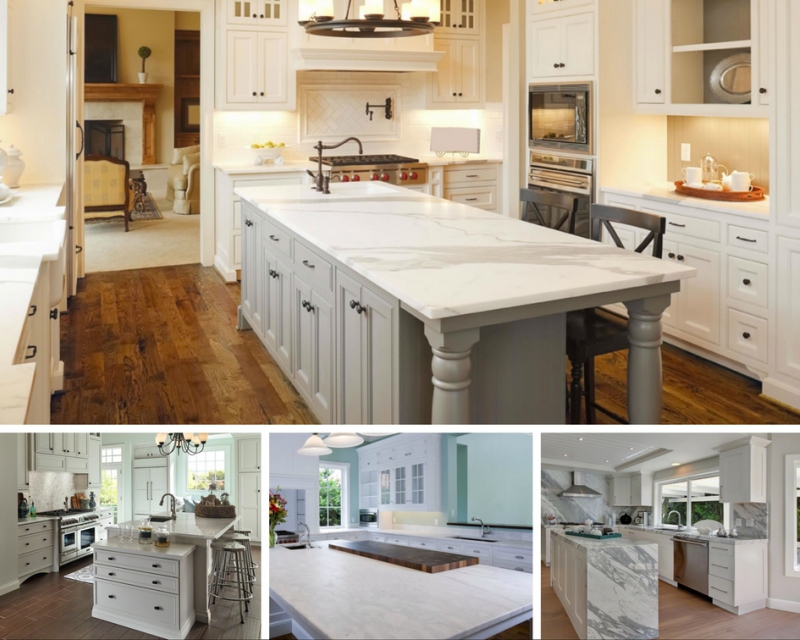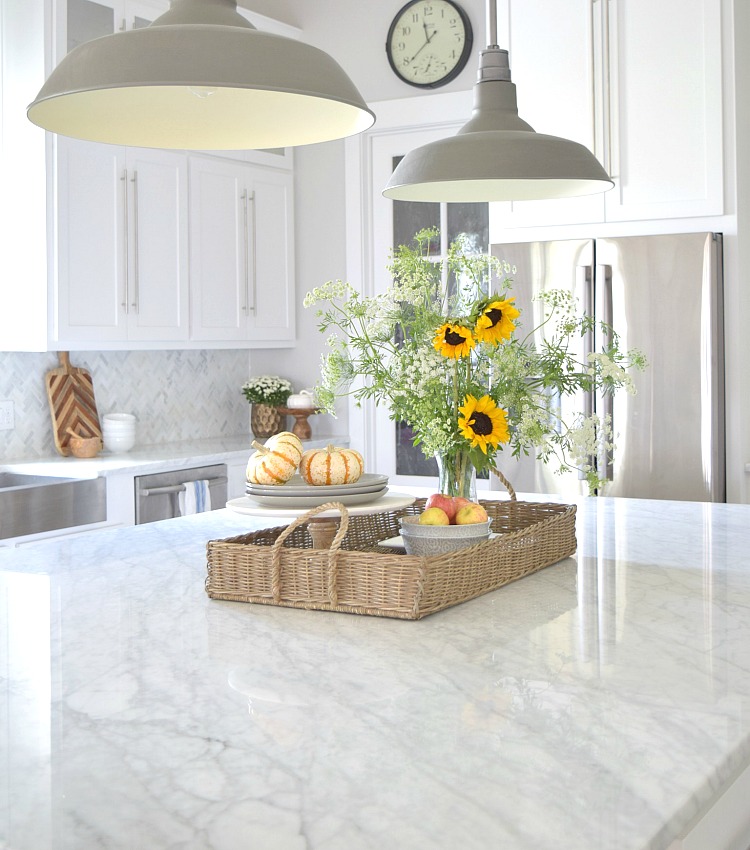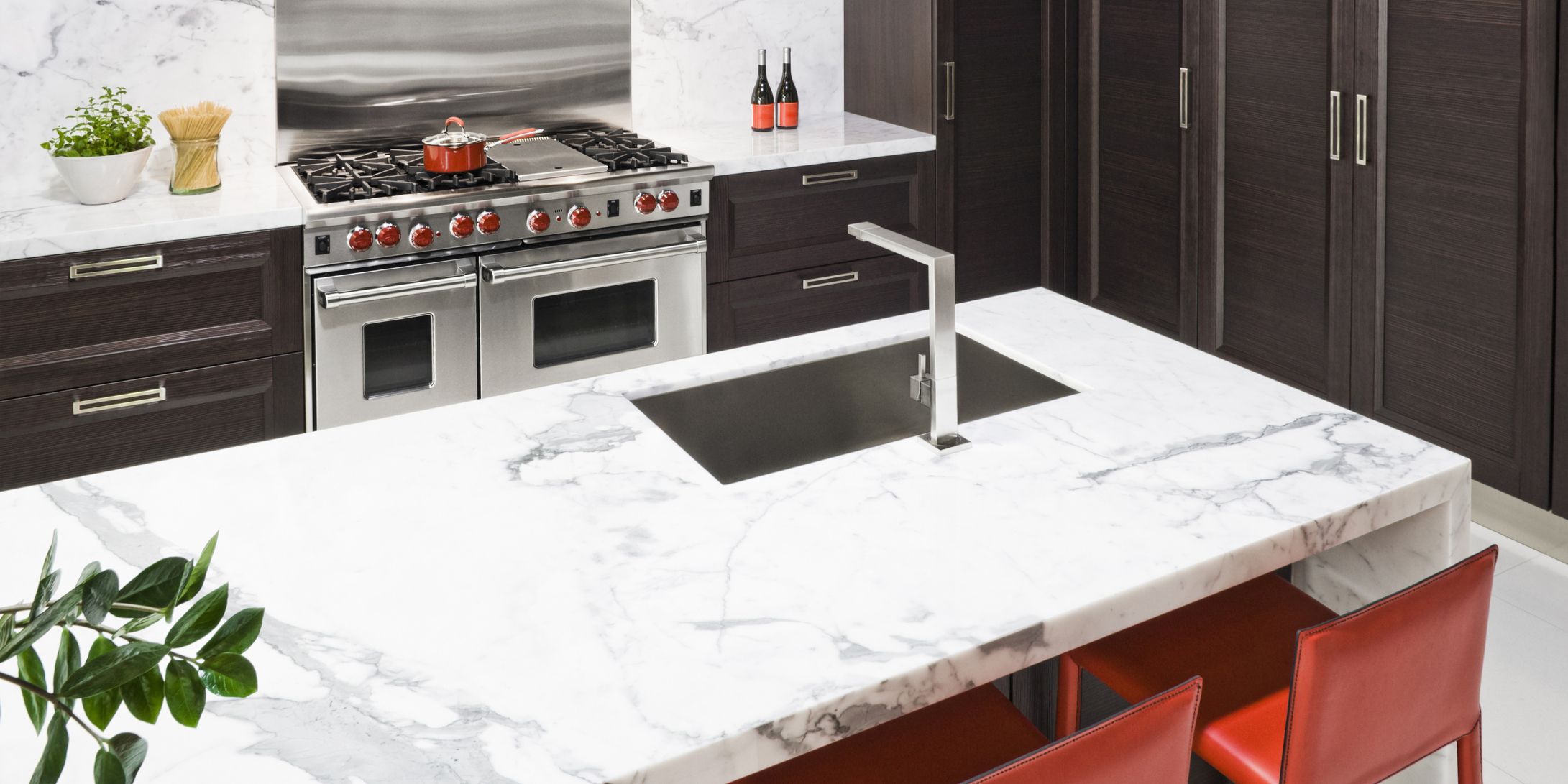Mastering Kitchen Marble Countertops Essential Maintenance
Marble countertops are a luxurious addition to any kitchen, prized for their timeless elegance and natural beauty. However, to maintain their stunning appearance, it’s essential to implement a regular maintenance routine. In this comprehensive guide, we’ll delve into the nuances of marble countertop maintenance, including cleaning, sealing, stain prevention, and repair.
Cleaning Marble Countertops
Cleaning marble countertops is a straightforward process, but it’s crucial to use gentle cleaning agents to avoid damaging the stone. Start by wiping down the countertop with a soft cloth or sponge dampened with warm water and a mild, pH-neutral dish soap. Avoid using abrasive cleaners or harsh chemicals, as these can scratch or etch the surface of the marble.
For tougher stains or dried-on food particles, you can create a gentle cleaning solution by mixing warm water with a small amount of baking soda or hydrogen peroxide. Apply the solution to the stained area and allow it to sit for a few minutes before gently scrubbing with a soft-bristled brush or sponge. Rinse the countertop thoroughly with clean water and dry it with a soft cloth to prevent water spots.

Sealing Marble Countertops
Sealing marble countertops is an essential step in maintaining their beauty and protecting them from stains and etching. Marble is a porous stone, which means it can absorb liquids and become stained if not properly sealed. To seal your marble countertops, choose a high-quality penetrating sealer specifically designed for natural stone.
Before applying the sealer, ensure that the countertop is clean and completely dry. Use a clean, lint-free cloth or sponge to apply the sealer evenly to the surface of the marble, working in small sections. Allow the sealer to penetrate the stone for the recommended amount of time, then wipe away any excess with a dry cloth. Depending on the type of sealer used, you may need to apply multiple coats for maximum protection.

Preventing Stains and Etching
While sealing your marble countertops can help prevent staining, it’s essential to take proactive measures to protect them from acidic foods, oils, and other common kitchen substances that can cause etching. Use coasters, trivets, and cutting boards to protect the surface from hot pans, acidic liquids, and sharp utensils. Wipe up spills immediately to prevent them from penetrating the stone and causing permanent damage.
Avoid using acidic or abrasive cleaners on marble countertops, as these can dull the surface and strip away the protective sealant. Instead, opt for gentle cleaning agents and soft cloths or sponges to maintain the beauty of your marble countertops without risking damage.
Repairing Marble Countertops
Despite your best efforts to prevent damage, accidents can still happen, and your marble countertops may become chipped, scratched, or etched over time. Fortunately, minor damage can often be repaired using a marble repair kit, which typically includes a filler compound that matches the color of the stone.
To repair a chip or scratch in your marble countertop, clean the damaged area thoroughly and allow it to dry completely. Then, apply the filler compound to the damaged area, using a putty knife or spatula to smooth it out and level it with the surrounding surface. Once the filler has dried, sand it down until it is flush with the countertop, then polish the area to restore its shine.

Common Mistakes to Avoid:
Using Harsh Cleaners: Avoid using acidic or abrasive cleaners on marble countertops, as these can etch the surface and dull the finish. Stick to gentle cleaning agents and soft cloths to preserve the beauty of your countertops.
Neglecting to Seal Regularly: Proper sealing is essential for protecting marble countertops from stains and etching. Be sure to seal your countertops regularly according to the manufacturer’s recommendations to maintain their longevity and beauty.
Not Using Coasters and Cutting Boards: Failing to use coasters, trivets, and cutting boards can result in scratches, stains, and etching on marble countertops. Take proactive measures to protect the surface from damage caused by hot pans, acidic liquids, and sharp utensils.
Ignoring Spills and Stains: Promptly clean up spills and stains on marble countertops to prevent them from penetrating the stone and causing permanent damage. Avoid allowing liquids to sit on the surface for extended periods, as this can lead to staining and discoloration.

How often should marble countertops be sealed?
Marble countertops should be sealed every 6 to 12 months, depending on factors such as usage and exposure to moisture and acidic substances.
Can scratches and etching be repaired on marble countertops?
Minor scratches and etching can often be repaired using a marble repair kit, while more significant damage may require professional restoration.
Are marble countertops prone to staining?
Marble countertops are porous and can absorb liquids, making them susceptible to staining if not properly sealed and maintained. However, regular sealing and proactive stain prevention measures can help mitigate this risk.
Can I use bleach or vinegar to clean marble countertops?
It’s best to avoid using bleach or vinegar on marble countertops, as these acidic substances can damage the surface and strip away the protective sealant. Stick to mild, pH-neutral cleaners for regular maintenance.
How do I prevent water spots on marble countertops?
To prevent water spots on marble countertops, be sure to dry the surface thoroughly after cleaning or wiping up spills. Avoid allowing water to sit on the surface for extended periods, as this can lead to spotting and discoloration.

The Pros u0026 Cons Of Marble Countertops + What I use to Clean Mine –

How to Clean Kitchen Countertops: Granite, Quartz, Marble u0026 More

Pros and Cons of Marble Countertops – Case Against Marble Counters

Marble Kitchen Countertops: Pros, Cons, Care u0026 Maintenance

Related articles:
- Marble Countertops Backsplash
- DIY Refinishing Cultured Marble Countertops
- Marble Countertops In Bathrooms
- Cultured Marble Countertops
- Gray Kitchen Cabinets Marble Countertops
- Modern Kitchen Marble Countertops
- Refinish Cultured Marble Countertop
- Carrara Marble Countertops Bathroom
- Marble Countertops Types
- How To Refinish Marble Countertops